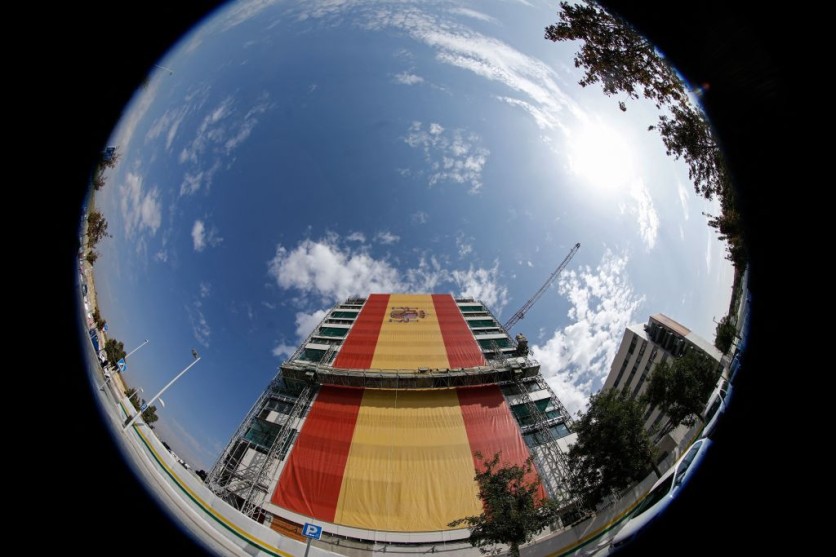The Spanish government has announced the approval of a new Royal Decree for the creation of the Spanish Space Agency, a public body that will be attached to the Ministries of Science and Innovation and Defense.
This new agency will serve to guarantee Spain's strategic action in the field of space, both in terms of its technological development and the use of space in areas such as security, earth observation, geolocation, and telecommunications.

Adios to ESA?
While Spain is already a part of the European Space Agency (ESA), the creation of its own agency is seen as a significant step towards ensuring the country's independent stance in the field of space.
Although there was no mention of its future endeavors with ESA, it is likely that the country will still be part of the European space organization.
The Minister for Science and Innovation, Diana Morant, has emphasized that the Spanish Space Agency is a firm commitment by the Spanish government to a key sector that generates opportunities and quality employment.
The Spanish Space Agency will have an initial budget of more than 700 million euros ($763 million) this year and will incorporate 75 people with highly qualified profiles and recognized professional careers.
The agency will be based in Seville and will be responsible for Spain's strategic action in the field of space.
According to Minister Morant, space is a priority and strategic area that is essential to advance the fields of cybersecurity, navigation, the fight against climate change, or the monitoring of phenomena such as drought or fires.
The creation of the Spanish Space Agency complies with the new Law on Science, Technology and Innovation, which authorized the creation of this entity within a period of one year from the approval of its reform.
It also complies with the National Security Strategy, with the Strategic Project for Aerospace Economic Recovery and Transformation (PERTE), and with the plan of the Spanish government for the decentralization of entities of the General State Administration.
Aerospace PERTE
Minister Morant has also reported on the development of the Aerospace PERTE, which has had its budget increased from the initial 2,100 million euros ($2,291 million) of public investment to 2,315 million ($2,525 million).
It is also expected that the endowment of this project will increase by another 300 million ($327 million) euros with the contribution of the addendum to the Recovery, Transformation, and Resilience Plan.
Spain's position in Europe in the field of space is growing stronger with the selection of two new Spanish astronauts at the ESA, Pablo Álvarez and Sara García. Moreover, the Ministry of Science and Innovation has launched a call for the development of a launcher for small satellites worth 45 million euros ($49 million).
With the development of this technology, Spain would be the first European country to have a microsatellite launcher, which is the commercial future of the space sector.
Related Article : ESA: ADEO-N 'Angel Wings' For Satellites to Help Expedite Re-Entry, Reduce Space Garbage

ⓒ 2026 TECHTIMES.com All rights reserved. Do not reproduce without permission.




